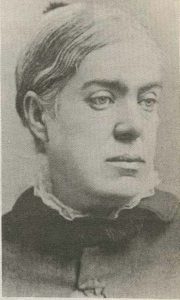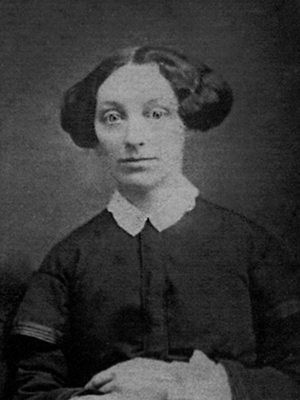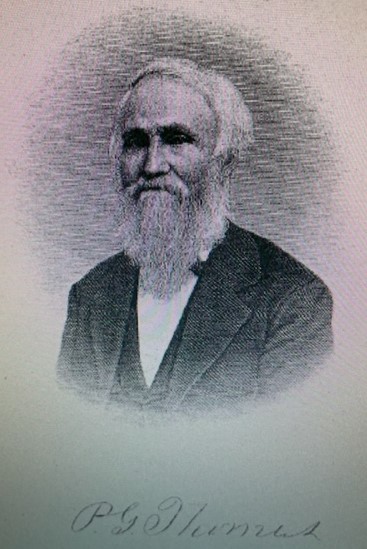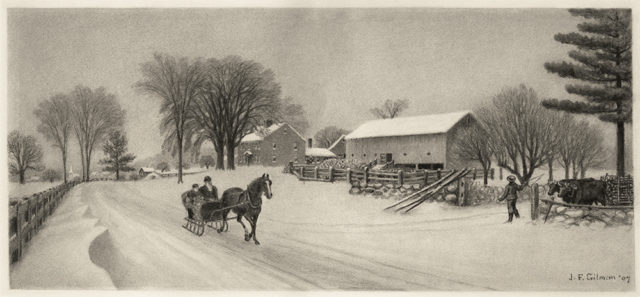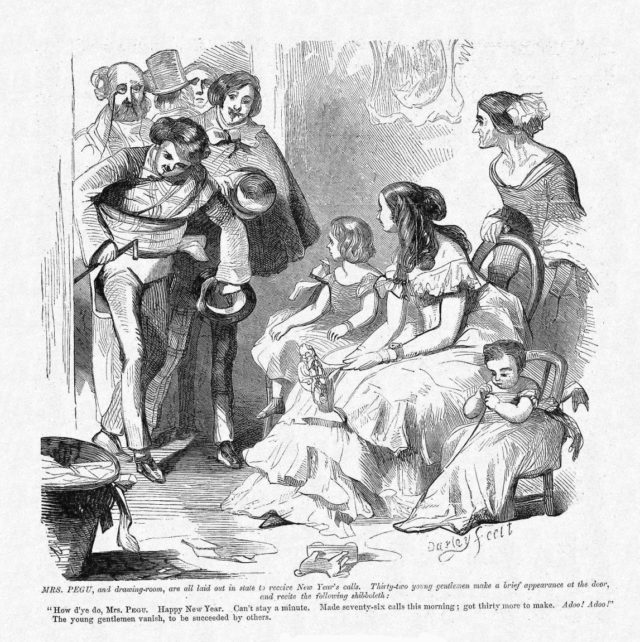“Next Sunday, Mrs. Van Cott again.”
Lavinia Goodell, July 13, 1873
Lavinia Goodell championed the right of all women to enter the profession of their choice. She believed that by developing their minds, women would be able to support themselves financial and potentially avoid the need to embark upon a loveless marriage solely for economic reasons. She strongly supported women entering the clergy, a notion that was anathema even to some otherwise progressive nineteenth century men.
Lavinia made a point of going to hear women lecturers who came to Janesville, Wisconsin. In the summer of 1873, she went to several lectures given by Maggie Van Cott, the first woman licensed to preach in the Methodist Episcopal church.

